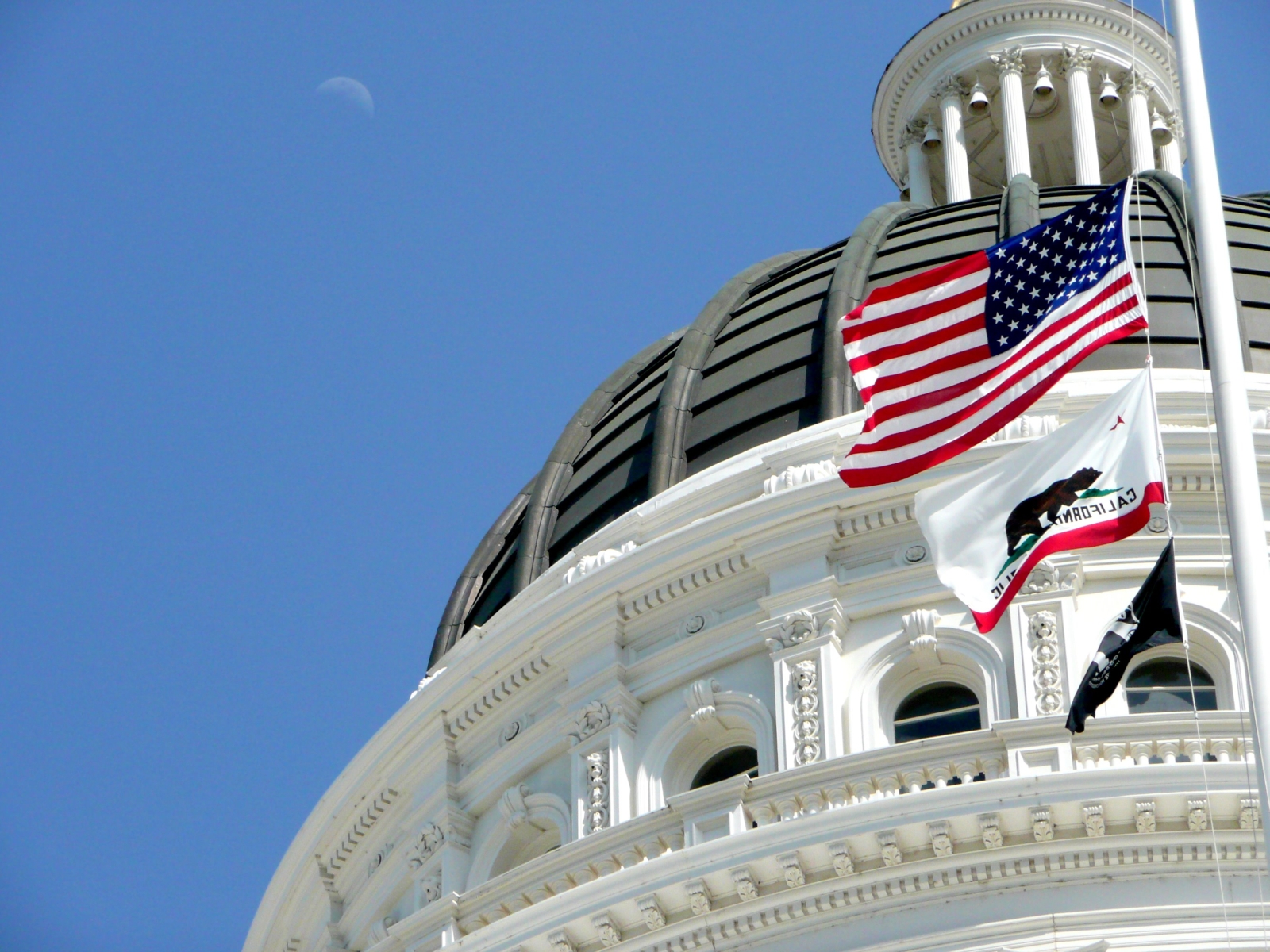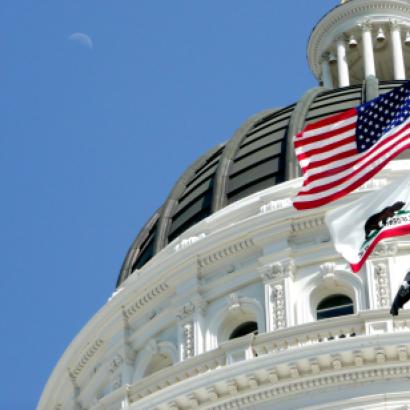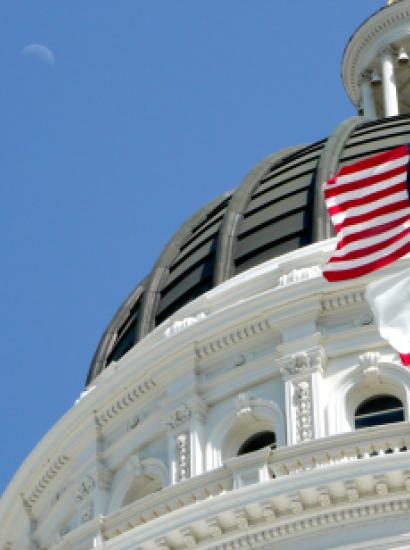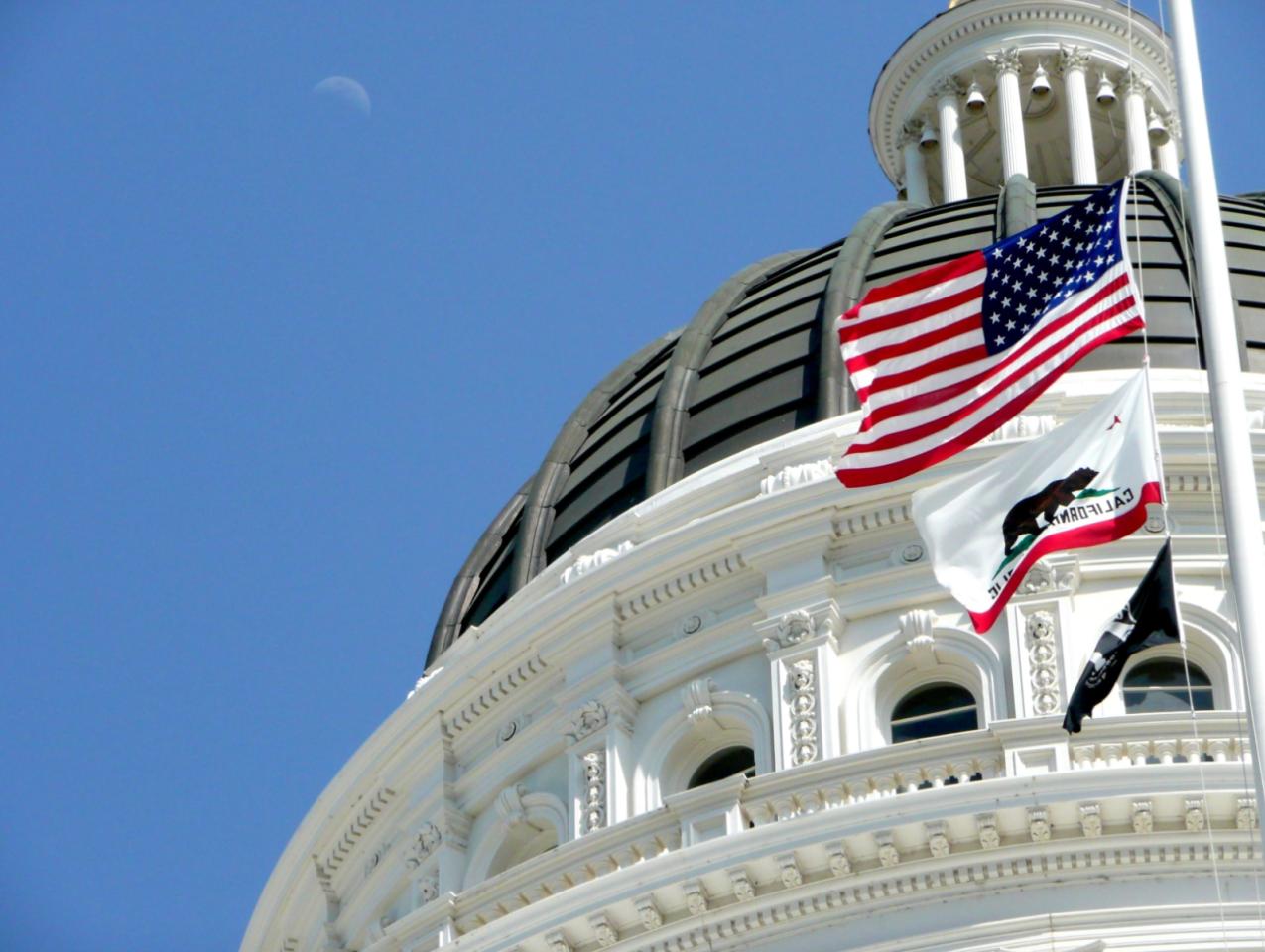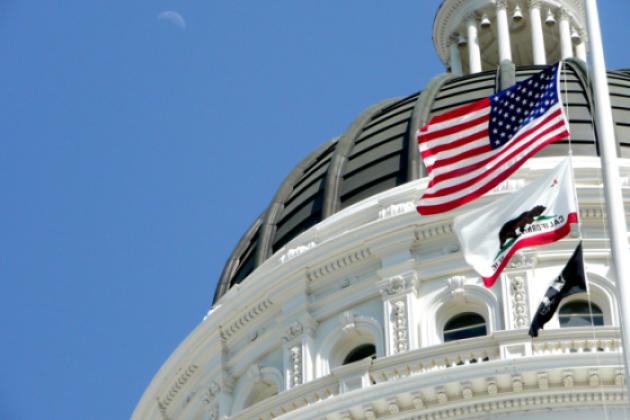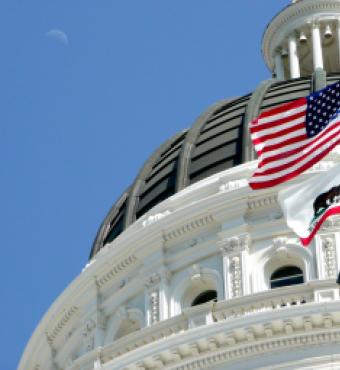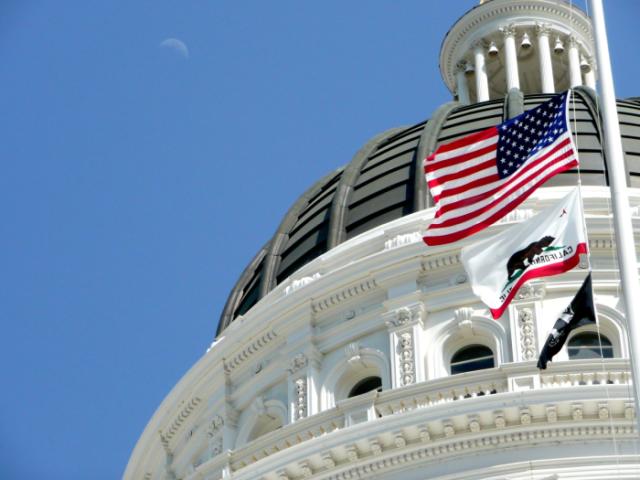By Jonathan Movroydis
Hoover Institution (Stanford, CA) – The effort to recall California governor Gavin Newsom resulted from government policies that have degraded the quality of life and economic prospects of the state’s residents, Hoover scholars argued in a webinar on Tuesday, September 7.
Moderated by Virginia Hobbs Carpenter Fellow in Journalism Bill Whalen, the program featured analysis from Wohlford Family Senior Fellow Michael Boskin and Senior Fellow Lee Ohanian, both economists and experts on various public policy issues of the Golden State.
A History of the Recall Process
Whalen, former chief speechwriter to Governor Pete Wilson, began the session by discussing the history behind the state’s recall provision and how Governor Newsom became the target of such a campaign in 2021. Whalen explained that the authority of Californians to recall their governor and other state officials was adopted to the state’s constitution in 1911, along with two other features of a plebiscite democracy: ballot initiatives and referendums.
Over the past century, Californians have made 55 attempts to recall their governor. In only one other instance has this option proved to be successful, when, in 2003, they removed Gray Davis from office and elected Arnold Schwarzenegger. Whalen maintained that the current momentum to recall Newsom was inspired by statewide restrictions he placed on businesses and schools during the early part of the COVID-19 pandemic. The effort was further fueled in November 2020, when Newsom appeared to be not social distancing nor wearing a mask indoors at the exclusive French Laundry restaurant in Napa Valley, thus defying orders that he urged the state’s residents to obey. After winning a court order to move the signature deadline from November 2020 to March 2021, Newsom’s opponents obtained 1,700,000 signatures, surpassing the threshold of 1,500,000 needed to place the recall on the ballot.
The Policy Issues That Paved the Way for the Recall
Michael Boskin explained that worsening economic conditions and rising inequality in the Golden State led to mounting frustrations against leadership in Sacramento. California boasts the largest state economy in the nation, and its entertainment and technology industries are great sources of wealth. Throughout the course pandemic, Silicon Valley giants such as Google and Facebook reaped enormous profits. After the initial shock of lockdowns, the unemployment rate has descended slowly to 7.6 percent, remaining well above the national rate (5.2 percent). Furthermore, one in five Californians live in poverty. Golden State residents make up one-third of welfare recipients in the United States, despite being a little more than one-tenth of the nation’s population.
Boskin said that the substandard economic conditions in California can be attributed to poor governance. As an example, he pointed to the prison population, which costs residents $81,000 annually on a per-capita basis, six thousand dollars more than the state’s median family income.
He directed viewers to other government failures, including the current backlog of more than one million unemployment insurance claims for people who were negatively impacted by the pandemic. Meanwhile, the state’s unemployment agency dispersed over $30 billion in fraudulent claims in 2020.
“We have a severe crisis of competence in delivering basic government services,” said Boskin. “One of the major reasons this occurs is because our political leaders decided that government should be the response of first resort for a wide number of things that [it] probably won’t do very well.”
Boskin described how the government has been inept in its response to crises such as rampant wildfires, which he believes could have been prevented by the clearing of brush and other forest management practices, if not for burdensome environmental regulations. An unintended consequence of such regulations is that, in 2021, carbon output from wildfires has been 25 percent above fossil fuel emissions.
Lack of Accountability, Incentives, and Respect for Markets
Ohanian argued that the basis of the California state government’s poor performance is the abandonment of a trio of key principles: accountability, incentives, and respect for the laws of the market system.
Government policies that have departed from these concepts have offered little or no benefit at taxpayers’ expense, while others have produced negative outcomes. As an example, Ohanian said that the need to improve deficient public schools is often met with familiar calls for more funding. However, despite large portions of the state budget allocated for education, only 15 to 20 percent of minorities at the high school sophomore level attending public schools achieve math and science proficiency.
In another example of the failure of governance, Ohanian demonstrated how regulations have made the cost of building prohibitive ($1,000 per square foot) and have thus reduced the supply of housing. Currently, the median home cost in California is $800,000. In coastal cities like San Francisco, it is double that price.
Ohanian asserted that state policies are also limiting economic opportunities. Uncompetitive tax rates have accelerated the exodus of businesses and people to more affordable states. In addition, Ohanian explained how lawmakers have passed obtuse regulations that stunt job creation. He argued that one such law that passed the California legislature is Assembly Bill 5 (2019), which reclassified many independent contractors as full-time employees, thus raising firms’ labor costs and denying larger numbers of people the ability to work.
“This is unsustainable. . . . There will be a day of reckoning,” Ohanian concluded. “Now is the time to make changes [in policy].”







